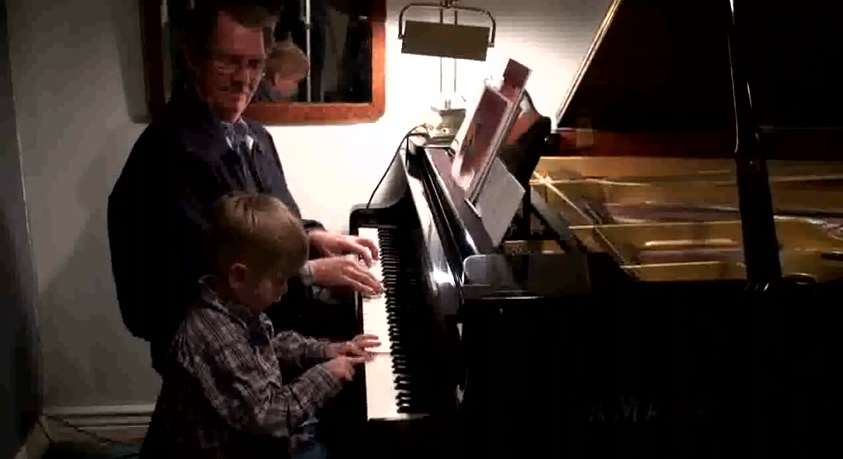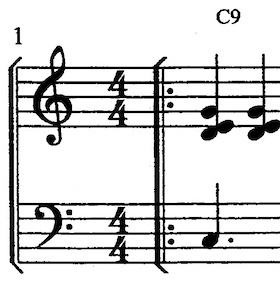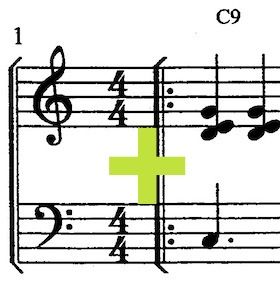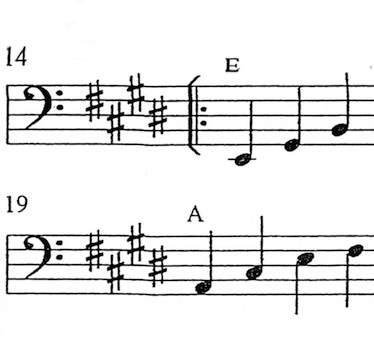
Scale The Wall To Musical Creativity
Traditional Scale Variations for Children
Young students have difficulty understanding scales so we have created a ‘scale game’ to facilitate learning these complex theories. The game is called Dots and the White Note Solo. Parents with talented young children are required to do music with the student, not send them to another room to practice with no involvement. After the child reaches the age of 8, usually he or she can be sent to practice without parental supervision.
Names of the traditional scales:
- IONIAN (major scale) – In the key of C there are no accidentals, flats or sharps.
- DORIAN (minor scale) – In the key of C flat the third and seventh notes of the scale.
- PHRYGIAN scale – In the key of C flat the second, third, sixth and seventh notes of the scale.
- LYDIAN scale – In the key of C sharp the fourth note of the scale.
- MIXOLYDIAN scale – In the key of C flat the seventh note of the scale.
- AEOLIAN scale – In the key of C flat the third, sixth and seventh notes of the scale.
- LOCRIAN scale – In the key of C flat the second, third, fifth, sixth and seventh notes of the scale.
There are three other scales that we teach, a Five Note Pentatonic, a Five Note Blues, and a Sixth Note Blues scale.
- The five-note Pentatonic scale is easily taught and understood by young people by having them play all the black notes which works as an F sharp major Pentatonic scale (the pretty ‘black’ scale).
- The five-note Blues scale is in the key of E flat if you play it on all black notes.
- The sixth-note Blues scale adds an extra grace note which is a more advanced technique because it involves playing a white note with the other black notes.
Students ages 4 and 5 respond well to the all-black solos (minor and major pentatonics) which we call the Boogie version and Pretty version respectively. When they become proficient at this level, they are introduced to the all-white solo which is a seven-note major scale or traditional IONIAN scale (do re mi).
Next we introduce the student to a traditional piano primer level method book such as Faber, Bastian, Schaum, or Thompson. At this young age, we concentrate on traditional piano study for no more than 10 minutes, or as their attention span allows.
It is vital that the teacher and parent allow the children to make choices between note-reading, playing the white or black solos according to their own interests. This helps them learn to make choices. If they want to try it again to get better ask, “Would you like to try it again?” They must agree to the effort to try and play something correctly.
Verbal skills and reading literacy are a large part of early music education. We encourage our students to read aloud starting with the alphabet and the other simple reading programs where we record them so they can hear the sound of their voice. This increases left to right vision skills which aid the child in reading notes.
Singing the alphabet with “Twinkle, Twinkle, Little Star” melody helps the child remember letters and gives a voice pitch which is one step above talking and/or reading.
For children who are challenged with pitch recognition, we use solphage with Kodaly music training for the very young.
Learning scales connected with reading, singing, and note-reading is like a mental crossword puzzle. Properly implemented and supported by trusted parents, this program will open a child’s understanding.
We start 5 and 6 year olds playing major and pentatonic scales in C and E flat and then all the other keys over the next two years so they have a concept of composition from the get go for piano, guitar, and violin. Dan’s coordinated method books compliment “playing simple things well” in all keys rather than complicated things played poorly in one or two keys. Keith Knighton and Dan have children sing their names with an up or down melody so they can recognize pitches. Children that start in this program early don’t think that making music is hard, because it isn’t. A solid knowledge of I, V7 chord progressions in all 12 keys brings chordal efficiency to a peak very early in the musical instrument experience.
Preschool Jazz Ballad Improvisation (White Key Solo)
Making the Learning of Scales Fun Through Creative Improvisation
Download Our Professional Accompaniments and Examples Now
One Key at a Time or All 12
|
|
|
|
|
|



